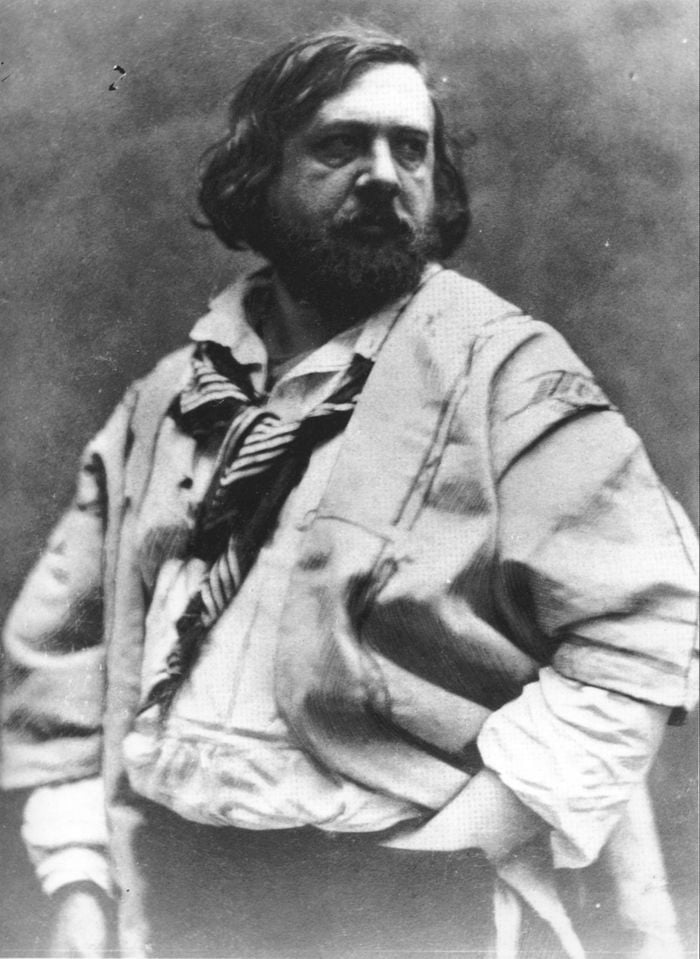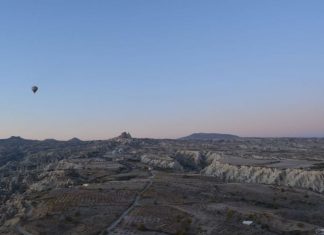“No; I have quite enough weapons and instruments of carnage;—I want a small figure, something which will suit me as a paper-weight; for I cannot endure those trumpery bronzes which the stationers sell, and which may be found on everybody`s desk.”
The old gnome foraged among his ancient wares, and finally arranged before me some antique bronzes—so-called, at least; fragments of malachite; little Hindoo or Chinese idols—a kind of poussah toys in jadestone, representing the incarnations of Brahma or Vishnoo, and wonderfully appropriate to the very undivine office of holding papers and letters in place.
I was hesitating between a porcelain dragon, all constellated with warts—its mouth formidable with bristling tusks and ranges of teeth— and an abominable little Mexican fetish, representing the god Zitzili- putzili au naturel, when I caught sight of a charming foot, which I at first took for a fragment of some antique Venus.
Florentine bronze
It had those beautiful ruddy and tawny tints that lend to Florentine bronze that warm living look so much preferable to the gray-green aspect of common bronzes, which might easily be mistaken for statues in a state of putrefaction: satiny gleams played over its rounded forms, doubtless polished by the amorous kisses of twenty centuries; for it seemed a Corinthian bronze, a work of the best era of art—perhaps molded by Lysippus himself.
“That foot will be my choice,” I said to the merchant, who regarded me with an ironical and saturnine air, and held out the object desired that I might examine it more fully.
I was surprised at its lightness; it was not a foot of metal, but in sooth a foot of flesh—an embalmed foot—a mummy`s foot: on exam¬ining it still more closely the very grain of the skin, and the almost im¬perceptible lines impressed upon it by the texture of the bandages, became perceptible.
The toes were slender and delicate, and termin¬ated by perfectly formed nails, pure and transparent as agates; the great toe, slightly separated from the rest, afforded a happy contrast, in the antique style, to the position of the other toes, and lent it an aerial lightness—the grace of a bird`s foot;—the sole, scarcely streaked by a few almost imperceptible cross lines, afforded evidence that it had never touched the bare ground, and had only come in contact with the finest matting of Nile rushes, and the softest carpets of panther skin.
Read More about Ibn Battuta part 38








